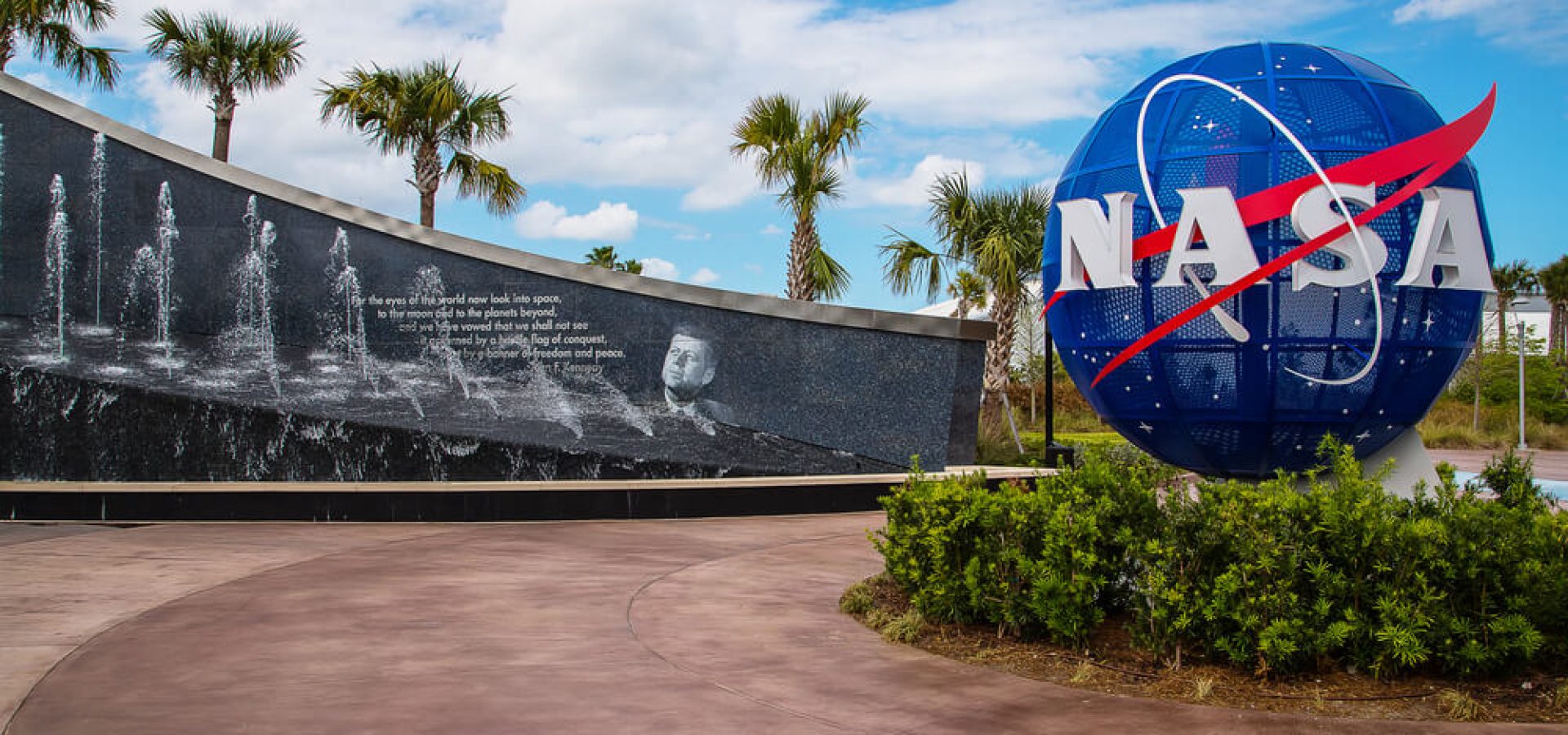Quick Look:
- New Frontier Aerospace: Developing the Bifröst orbital transfer vehicle to revolutionize space logistics with its 3D-printed rocket engine.
- HyBird Space Systems: Focused on eco-friendly propulsion to manage space debris, enhancing the sustainability of orbital environments.
- The Innovation Laboratory: Advancing air traffic management with AI, aiming to increase the efficiency and safety of air navigation.
- IRPI: Creating specialized tools for scientific research in low gravity, enhancing astronaut and researcher capabilities in space missions.
- NASA’s Commitment: Investing in diverse, innovative companies to foster inclusive growth and extend human reach in space.
Through its Small Business Innovation Research (SBIR) program, NASA has committed an impressive $93.5 million to support many groundbreaking projects across the United States. Among the notable recipients are four innovative companies, each bringing unique solutions to enhance our capabilities beyond Earth’s atmosphere.
Frontier Pioneering Spacecraft for Orbital Transfers
New Frontier Aerospace, located in Tukwila, Washington, is notable for its Bifröst project—an orbital transfer spacecraft powered by the 3D-printed Mjölnir rocket engine. This ambitious venture aims to transfer a 400-pound payload from low Earth orbit (LEO) to geostationary orbit and extend its reach to Mars or Venus with up to 110 pounds. Additionally, NASA technology holds the potential for adaptation into a lunar lander, further expanding its utility in space exploration.
New Frontier Aerospace has secured a Phase II grant of $850,000 over 24 months. Thereby underpinning its commitment to transform space logistics. Besides, it is going to expand human reach within our solar system.
The NASA Way: HyBird’s RT-5X: Green Propellant for Deorbiting
From Spanaway, Washington, HyBird Space Systems introduces the RT-5X. It is a pioneering project leveraging a retro braking propulsion system that employs environmentally friendly fuels. This innovation will safely deorbit inactive spacecraft, thus addressing the growing concern of space debris cluttering LEO.
HyBird’s approach advances the sustainability of space operations. Moreover, it ensures that future generations can access clean, safe orbital environments. The company has been awarded an $850,000 Phase II grant for a 24-month to propel its green technology forward.
IRPI Develops Essential Tools for Low-Gravity Research
IRPI, based in Wilsonville, Oregon, specializes in creating unique tools for managing and analyzing scientific samples in low-gravity settings. Therefore, these tools are crucial for conducting research and experiments in space, where traditional methods are often infeasible.
Supported by a Phase II grant of $850,000, IRPI is set to enhance the capabilities of astronauts and researchers to perform critical tasks during space missions, thereby expanding our understanding of space environments.
NASA Champions Diversity in Space Sector Innovation
Jenn Gustetic, Director of Early Stage Innovation and Partnerships at NASA’s Space Technology Mission Directorate, was excited about the ongoing progress. NASA supports a diverse group of companies as they work to bring their technologies to market, and Gustetic emphasized that this commitment to inclusive innovation is critical for NASA’s mission success. She also pointed out that 29% of the awardees come from underrepresented groups, and 11% are women-owned businesses.
This initiative is part of NASA’s broader effort to foster an inclusive environment where diverse ideas can thrive, significantly contributing to space exploration and technology.
As these projects develop, they promise to enhance our scientific and technological capabilities and pave the way for sustainable and inclusive growth in the aerospace sector, furthering humanity’s ambition to explore and understand the vast cosmos.











COMMENTS